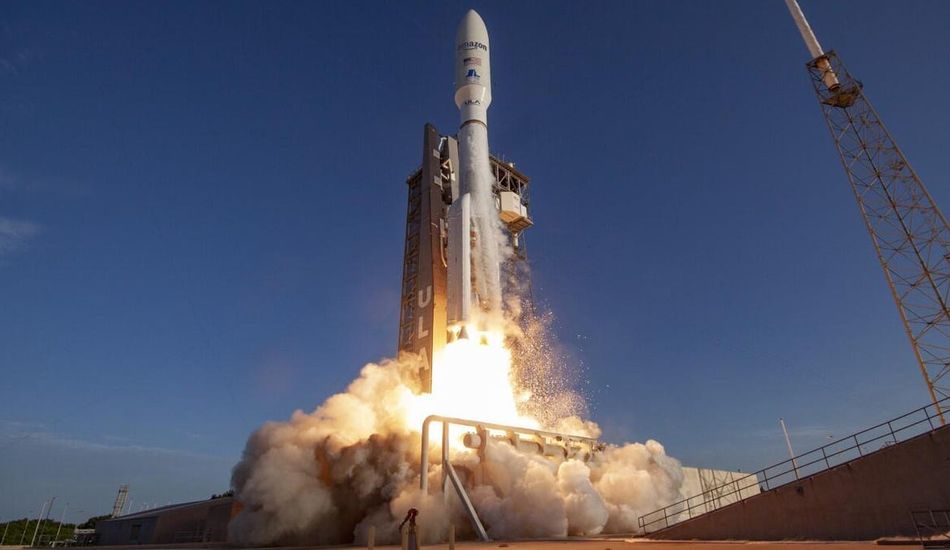
Amazon Project Kuiper: Global Broadband via Satellite
The quest for universal broadband access continues, with significant challenges in connecting remote and underserved areas. While fiber and cable networks struggle with cost and coverage limitations, and 5G faces reliability issues, satellite internet presents a compelling alternative. However, traditional geostationary satellites suffer from high latency and limited speeds. Project Kuiper, Amazon's ambitious initiative, aims to disrupt this landscape.
A Constellation of Innovation
Unlike its predecessors, Project Kuiper leverages a constellation of thousands of low-Earth orbit (LEO) satellites. This approach promises to significantly reduce latency, boost potential speeds, and eliminate the restrictive data caps often associated with traditional satellite internet. The sheer number of satellites—approximately 7,000—is key to achieving widespread broadband coverage.
Technological Infrastructure and Speed Potential
Project Kuiper's infrastructure extends beyond the satellites themselves. A sophisticated network of ground-based antennas, fiber connections, and customer terminals ensures efficient signal delivery. Amazon claims its standard customer terminal could deliver speeds up to 400 megabits per second, surpassing current expectations from competitors. Commercial terminals aim for even higher speeds, reaching up to 1 gigabit per second.
Timeline and Availability
While the technology is promising, widespread availability is still some time away. Amazon plans to begin commercial service rollout in 2025, starting with enterprise demonstrations followed by consumer beta testing and general availability later in the year. Initially, coverage will focus on areas within 56 degrees north and south of the equator, encompassing much of North America, South America, Africa, Australia, Asia, and Europe. Not all covered regions will be eligible at launch, with availability expanding as more satellites join the constellation.
Successful Launches and Future Outlook
Project Kuiper has already achieved significant milestones. Successful test satellite launches and securing launch agreements with multiple providers demonstrate a commitment to bringing this ambitious project to fruition. The launch of 27 satellites in April marked a significant step forward in the deployment phase. The future of Project Kuiper is closely watched as it promises a potentially transformative impact on global internet access.
Source: CNET